‘Menace’: Spotlight on dogs as more dead pets found in states north
Roaming and unleashed domestic dogs in the state’s north have been blamed for a spate of pet deaths but a local dog behaviourist says it’s a human issue first.
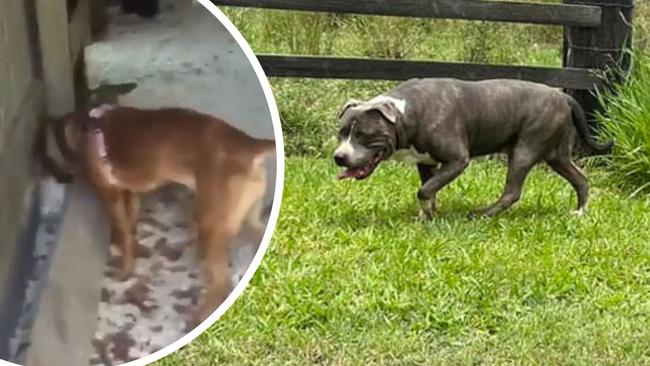
Lismore
Don't miss out on the headlines from Lismore. Followed categories will be added to My News.
North Coast residents fed up with losing their pets to roaming domestic dogs are pointing the finger at lax owners and councils.
Domestic dogs have been reported to have dug under fences or unlatched gates into neighbours backyard chicken hutches before slaughtering birds and other animals.
“To the owner of a tan dog with a collar roaming around Blue Knob, you owe me two chooks” a man posted to a local community page.
“Council does nothing. We had someone’s pet dogs all over our property, even killed a goat, and they just told us to shoot it” another wrote.
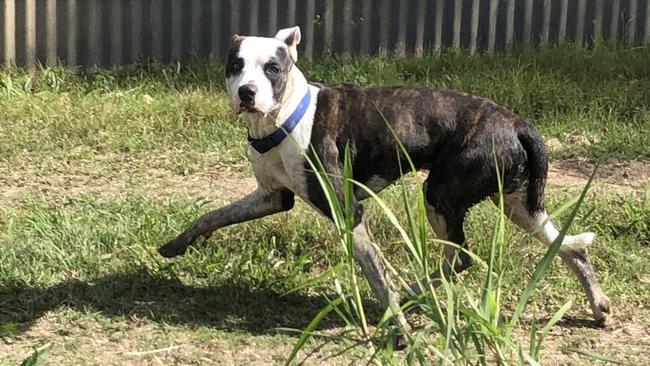
A woman from Nunderi has had large dogs come onto her property multiple times and kill her breeding ducks.
“The dogs managed to break down a strong wire enclosure, maul and kill 10 ducks, leaving the injured behind when I let my dogs out after hearing the commotion. The dogs responsible would be well blooded so the owners must know the dogs have killed,” she said.
“These dogs are a real menace” another man wrote.
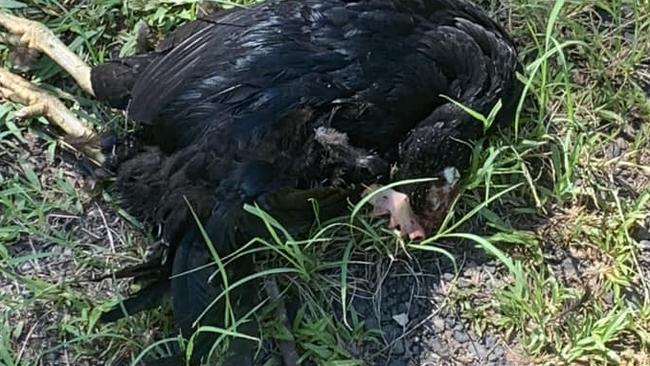
Lennox Head dog trainer and behaviourist Josh Blau has been working with North Coast councils to educate dog owners about the needs and requirements of owning a happy, healthy, obedient dog.
He said owners biting back at criticism of their badly behaving dog are a lot like parents not copping criticism on how to raise their own kid.
“Many people take less care of their dog because they aren’t factoring in what the animal needs,” Mr Blau said.
“We live in a culture where we take a pet for granted and they don’t really understand it, how it will develop or learn.
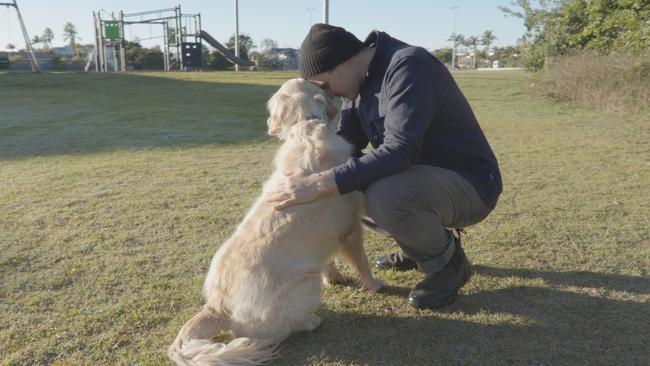
He said a dogs behaviour is basically reinforcement and punishment.
“If a dog is seeking reinforcement, meaning play or play drive in another animal, and it gets that it will always be thinking about that and wanting to come back to that experience,” Mr Blau said.
“If a dog broke out of its house or dug under a fence and then found a chicken it’s very likely they’re going to want to do that again.
“If they can’t find a chicken in their immediate space they’ll start looking further because they’re seeking that reinforcer.”
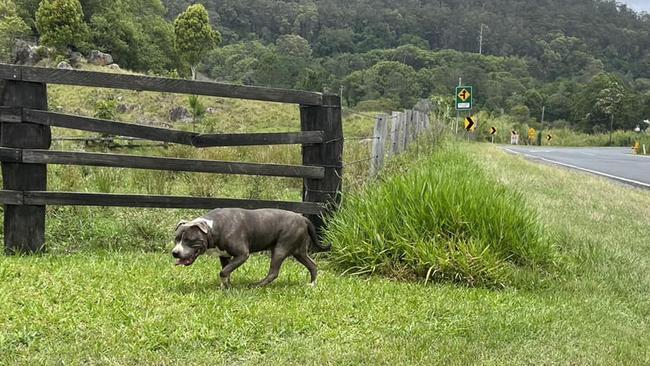
He said the issue boiled down to a lack of training and lack of fulfilment. If it doesn’t get that at home, it seeks it out elsewhere.
“Or there’s been lax boundaries and training where a dog has stumbled onto that fulfilment.”
Mr Blau said boredom was one of the biggest reasons for reactive dogs and owners are only coming to him for help in a crisis.
“Even when people know there is a major issue they aren’t following through with the training needed to correct it,” he said.

Tweed council ranger Kristian Pakula said the continuing number of dog attacks was worrying.
He said it was affecting the safety of the community and showing people were not getting the message.
“Dog owners need to ensure their animals are always under effective control,” Mr Pakula said.
“This includes where a dog rushes at, attacks, harasses or chases any person or animal, as well as liability for any resulting injury to a person or damage to property.
“Your dog may be declared menacing or dangerous, requiring it to be muzzled and wear an identifying dangerous dog collar while in public, and kept within a specific enclosure while at home.”
A spokesman for Lismore council said dog owners can be issued on-the-spot fines of $220 for failing to keep their dog contained within their property.
“Council and police will investigate reported dog attacks and if proven owners can be fined $1320,” the spokesman said.
Over the last financial year one dangerous dog was put down in Ballina, five in Byron Bay, 16 in the Richmond Valley, seven in the Tweed shire, with Lismore, Clarence Valley and Kyogle councils recording 0.
Areas with the highest recorded dog attack incidents include Byron Bay with 77 reports, Ballina 72, Clarence Valley 65, Tweed Heads 65, Richmond Valley 36, Kyogle 26, and Lismore 14.
The Covid dog boom created a lack of socialisation, and generalisation, while increasing separation anxiety, co-dependency and backyard breeding.
Mr Blau said backyard breeding created “weak nerve dogs” that were over reactive because they were not properly bred for a healthy temperament.
“Basically they don’t have strong personalities,” Mr Blau said.
“They’re not having the right things done at a certain age or in the puppy period.”
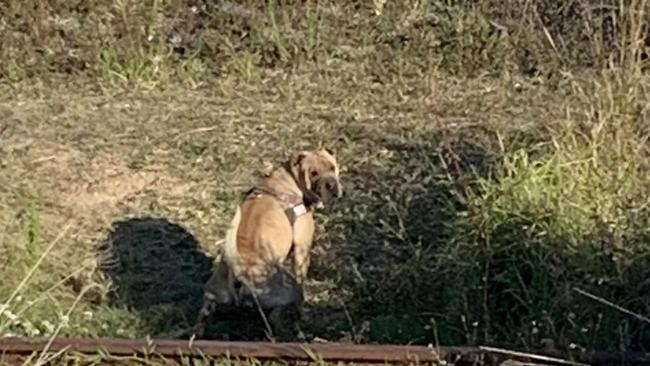
“If more resources were put towards fixing the issues they could be fixed so quickly,” Mr Blau said.
“Lax enforcement means lax mentality towards consequences.”
He said top decision-makers needed to tell rangers to fine people doing the wrong thing.
Policing and fining backyard breeders is also high on the wish list.
“A licencing process wouldn’t be hard to implement,” he said.
“Success is having people take responsibility and that’s a government issue.”




